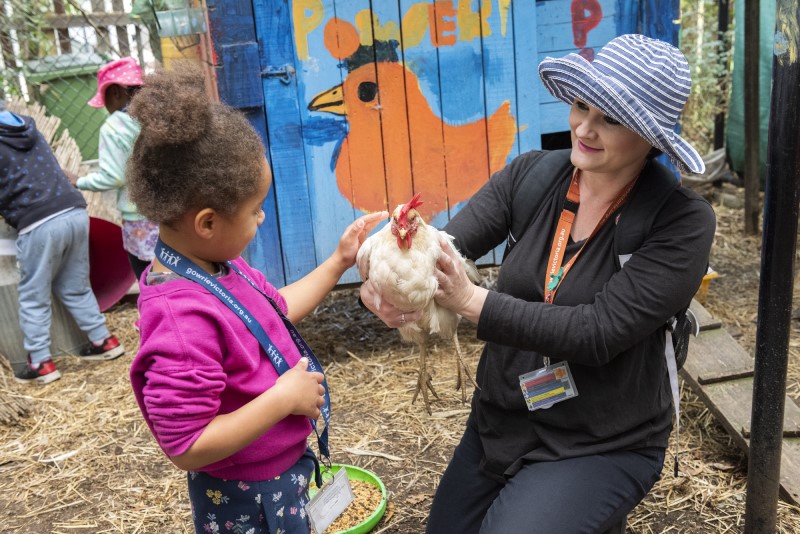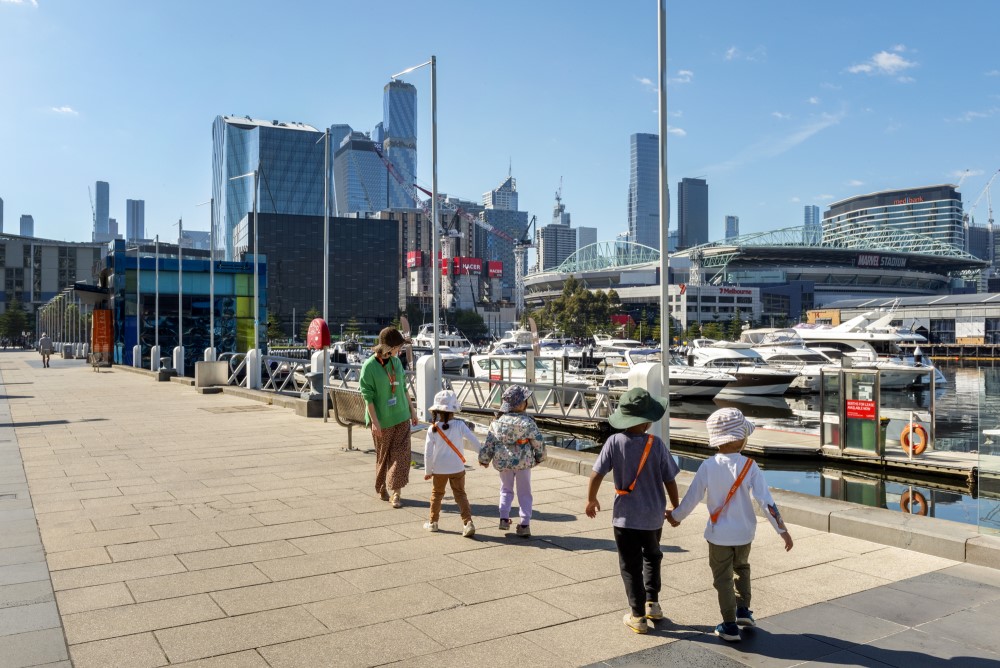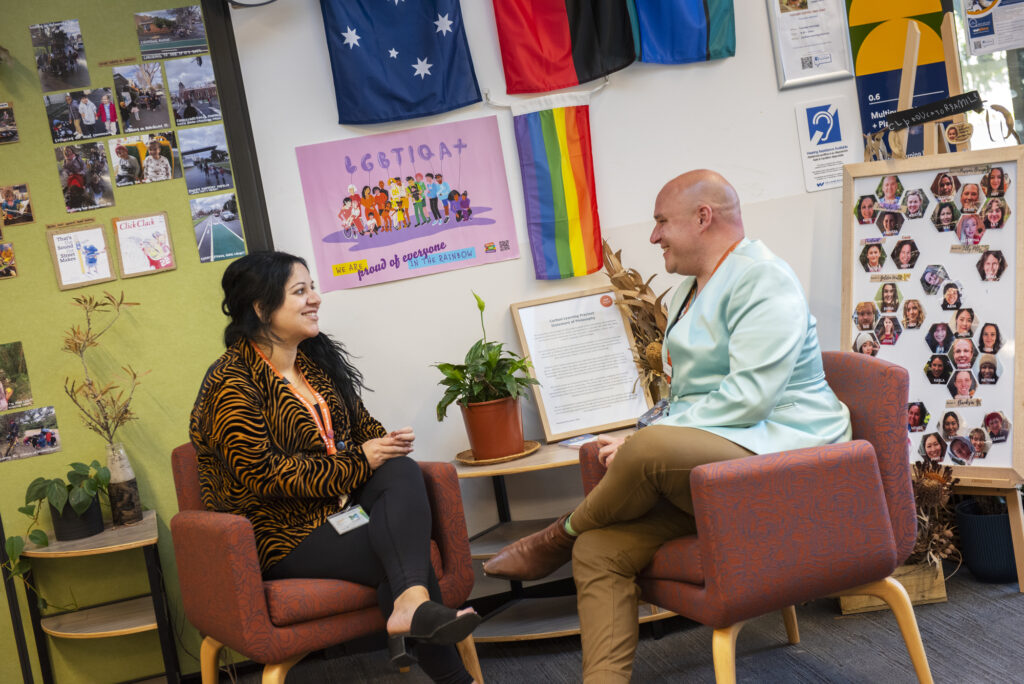Rachel Pollitt is a consultant at Gowrie and reflects on the new coaching program for teachers and educators returning or transitioning to the sector.
What does Coaching for returning teachers and educators (RTEs) look like in practice?
To loosely paraphrase Nietzsche, if you stare into the abyss for long enough, the abyss will stare back at you… this is a well-known and well-worn phrase which suggests that focusing on the ‘abyss’ – what is not there – will not get you far. Historically, being ‘coached’ has been associated with judgements, deficits, and a focus on what is not there rather than what is. A lot has changed.
Gowrie Coaching lifts your gaze, is solution focused, and based on your strengths. Our coaching method supports you to explore and expand on those strengths and develop your existing capabilities. In practice, coaching is an ongoing conversation which builds trust and a strong relationship between the coach and coachee. The coachee is prompted to think deeply about and critically reflect on their goals, current realities and the options available to them. This process clarifies the ‘what’, the ‘how’ and the ‘where to next’ part of their journey.
In practice RTEs have said they feel ‘lighter’ after a coaching session, having ‘clarity’ about their goals and knowing how to take the ‘next step’ towards achieving them, feeling ‘confident’ and ‘better equipped’ to re-engage with the early childhood profession. RTEs have expressed feeling ‘excited’ and ‘surprised’ that their first few days reengaging with an early years setting was ‘enjoyable’, ‘successful’ and ‘strengthened’ by their coaching interactions.
Why do you think this program is beneficial and valuable for teachers and educators who are returning or have recently joined the ECEC sector?
The program is tailored to work with the unique and varied needs of each RTE. This means that one-to-one, targeted, and specific coaching leads to deep and important conversations about what it means to them to be entering or returning to the early childhood profession. We talk about what they would like to gain from coaching when imagining a future self and achieving this outcome. It is exciting when RTEs identify the strengths they already have in place to achieve this. We describe this as the ‘aha moment’ when coachees identify what strengths they have in their professional experience, knowledge and practice which already align with their goals.
The coaching process builds the confidence necessary to take the ‘leap’ and join or rejoin the ECEC sector. This can take many forms including building confidence around the planning cycle, differentiated teaching and play-based learning, understanding the frameworks in practice, applying for positions and how to interview well, teaching and leading a bush kinder program and intentional teaching strategies to name a few. RTEs add value to the early childhood profession, as they are driven and passionate about teaching and learning alongside young children. At times we all benefit from being cheered on as we bridge small gaps in our confidence and begin to put knowledge into practice and realise our potential.
What are some of the practice areas you are working on through coaching and how are these focus areas and goals developed?
Focus areas and goals evolve through discussions around the GRO part of the GROWTH model, where goals, realities and options come to light. This may take time and is built on trust and ongoing discussions as the coaching relationship develops. It can be surprising what comes to light as the RTEs reflect on and dive deeper into their goals, their current realities and the options available to them.
Some of the practice areas I am currently working on include: leadership; communication; program development areas such as language and literacy, assessment in ECEC (from a Primary perspective); what children’s behaviours tell us; personal teaching philosophy statements; how to apply for positions and interview techniques; primary teaching and play-based learning; identifying and expanding on existing strengths; the planning cycle; taking smaller steps in areas of challenge to build confidence and celebrate success and thinking about and planning for the future.
Gowrie Victoria is currently enrolling teachers and educators who are joining or returning to the sector or joining from other sectors, inter-state or overseas. Find out more or enrol by clicking the link below.


